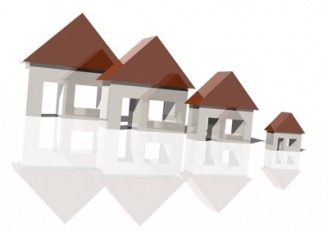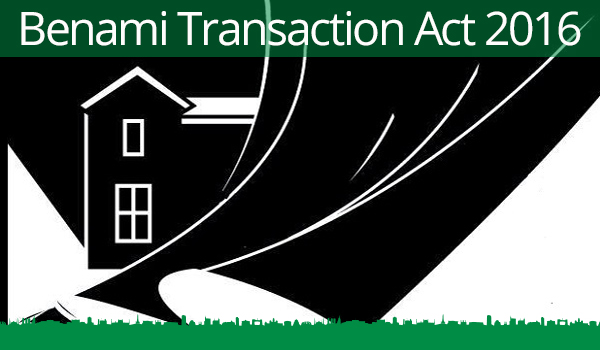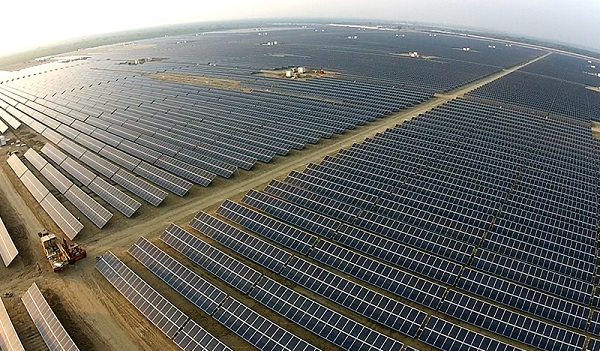 Economists have shown serious concerns over the mounting shortfall of residential units in the country’s housing sector. This shortfall, along with an unimpressive performance of real estate in Pakistan during the last many years is affecting the management of country’s resource as well as the GDP.
Economists have shown serious concerns over the mounting shortfall of residential units in the country’s housing sector. This shortfall, along with an unimpressive performance of real estate in Pakistan during the last many years is affecting the management of country’s resource as well as the GDP.
Because of the nearing elections, incidents of turmoil and protests against the prevailing system, economy of Pakistan and issues concerning its real estate sector are not included in the agenda of any of the political parties. The concerning aspect of the picture is that Pakistan is short of 12 million houses and this shortfall is mounting every day.
In 2005, when Pakistan real estate’s contribution in the country’s GDP was 18.5%, the housing shortfall was almost 7 million. Today, property sector contributes only 4.5% to the GDP and faces a backlog of 12 million houses. The situation is graver than many of us can imagine.
Right now may be not the time to focus aggressively on meeting this shortfall, but something should be done to nudge the things in the right direction. Instead of waiting for the circumstances to make Pakistan real estate as successful as it was back in the mid 2000s, the concerned departments must make it a planned process this time.
It is believed that the housing shortfall is triggered because of the increasing population and the inability of the construction sector to deliver the required number of housing units per year. In addition to that, the population influx from small towns and villages is also a key factor in over populating the cities.
Experts and economists think that making it easier for the private sector to venture the empty grounds in Pakistan real estate market and bringing the interest ratio down on mortgage loans can give a boost to construction activity in Pakistan. In addition to that, the availability of certain facilities and employment opportunities in villages and smaller town can keep the population load off the bigger cities.








